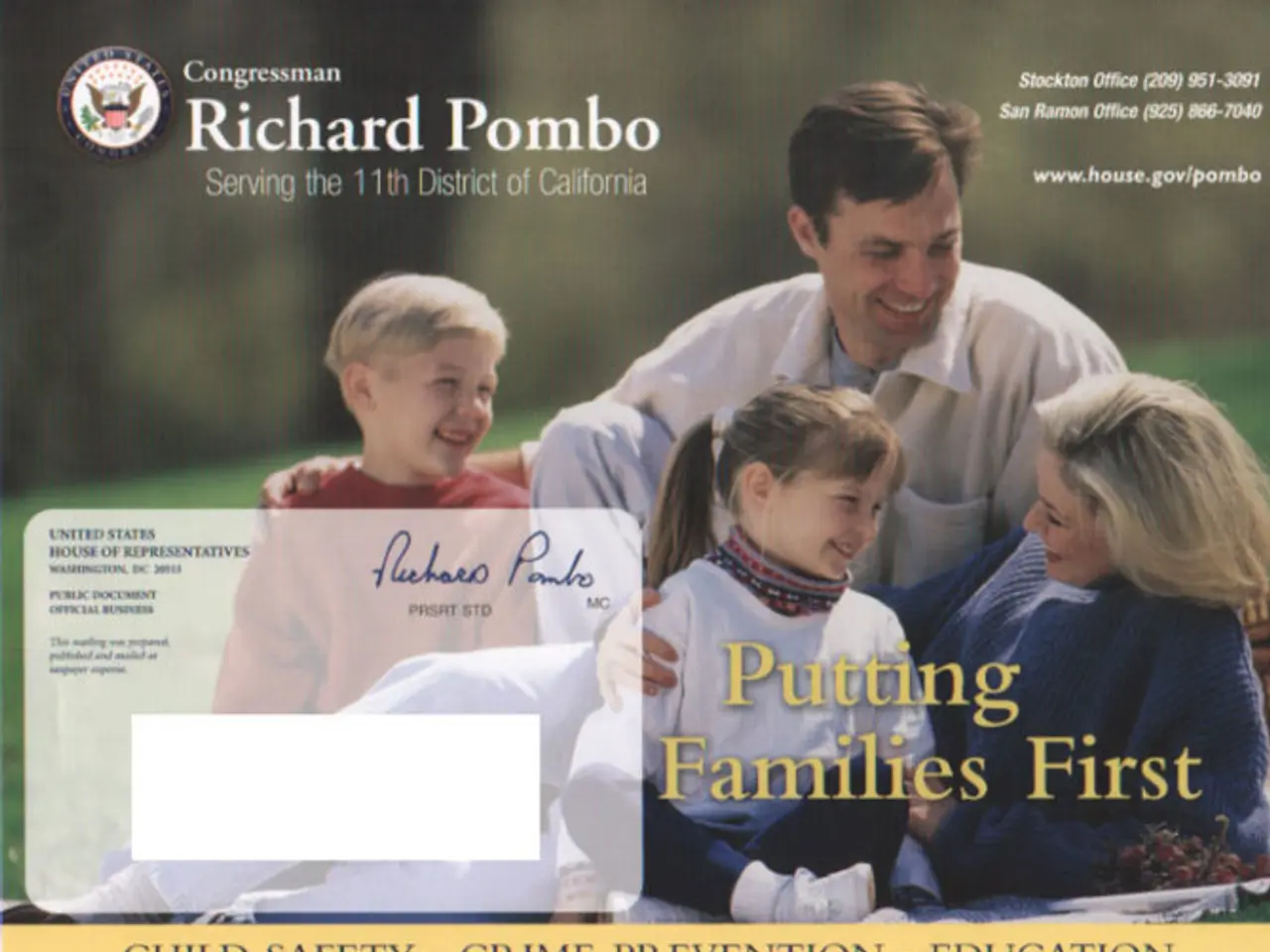Record-breaking Small Business Accolades Reached in 2024 by Government Agencies
The Small Business Administration (SBA) recently released its annual scorecard, revealing that the federal government awarded a record-breaking $183.5 billion to small businesses in fiscal year 2024, surpassing the previous record by $5 billion.
This significant increase saw agencies spending a record $69.6 billion through small business set-aside contracts, surpassing the previous all-time high of $66.6 billion in 2023. Notably, veteran-owned service-disabled small businesses received a total of $32.8 billion, while women-owned small businesses saw an increase of $800 million, totalling $31.7 billion.
However, not all agencies met their small business goals. NASA, the Department of Health and Human Services, and the U.S. Agency for International Development received "B" and "C" grades, respectively, for failing to meet their targets. On the other hand, 21 out of 24 agencies received an "A" or "A+" on their individual scorecard in 2024.
The federal government's commitment to increasing contracts with small disadvantaged businesses, women-owned small businesses (WOSB), and Historically Underutilized Business Zone (HUBZone) firms is further demonstrated by policies and initiatives such as Executive Order 14275 and new SBA goals aimed at simplifying regulations and emphasizing underutilized programs like HUBZone contracts.
One critical mechanism for supporting small business participation is the "Rule of Two," which requires agencies to set aside contracts if at least two qualified small businesses are available. However, this rule currently lacks a full statutory guarantee across all contract thresholds, creating uncertainty and challenges for small firms, including women-owned and HUBZone businesses. This is highlighted by ongoing legislative efforts like the Protecting Small Business Competitions Act of 2025, which seeks to codify the Rule of Two government-wide to provide more certainty and fairness for these businesses.
Despite these advancements, challenges remain. Uncertainty and potential weakening of the Rule of Two protections due to its non-statutory status and regulatory changes could reduce guaranteed small business opportunities and destabilize participation for women-owned, HUBZone, and disadvantaged firms. Contract bundling and consolidation, compliance costs and standards, especially related to cybersecurity requirements, and legislative and regulatory dynamics contribute to an evolving landscape that requires small businesses to remain agile and informed to maintain access.
The number of small business prime contractors dropped to 60,951 in 2024, down from 61,298 in 2023. Moreover, over the past 10 years, the number of small businesses winning federal contracts has decreased by 50 percent, and nearly 60 percent fewer small businesses are entering the federal marketplace.
Steve Koprince, a retired federal contracts attorney, expressed that the amount spent with women-owned small firms was "extremely underwhelming." In response, hundreds of small firms have expressed their support for the Protecting Small Business Competitions Act, urging all Members of Congress to support its swift passage in both chambers.
The federal government's commitment to small businesses is clear, but ongoing efforts require continued legislative support and strategic adaptation by small businesses to navigate the complexities and uncertainties of the federal procurement landscape.
[1] Source: Federal News Network [2] Source: National Small Business Association [3] Source: SmallGovCon [4] Source: Government Executive
- The federal government's financial commitment to small businesses, particularly women-owned small businesses (WOSB), is highlighted by the ongoing efforts to simplify regulations and emphasize underutilized programs like HUBZone contracts, as well as the Protecting Small Business Competitions Act of 2025.
- The decline in the number of small business prime contractors and the decrease in small businesses winning federal contracts over the past 10 years underscore the need for continued legislative support and strategic adaptation by small businesses to navigate the complexities and uncertainties of federal procurement landscape.




